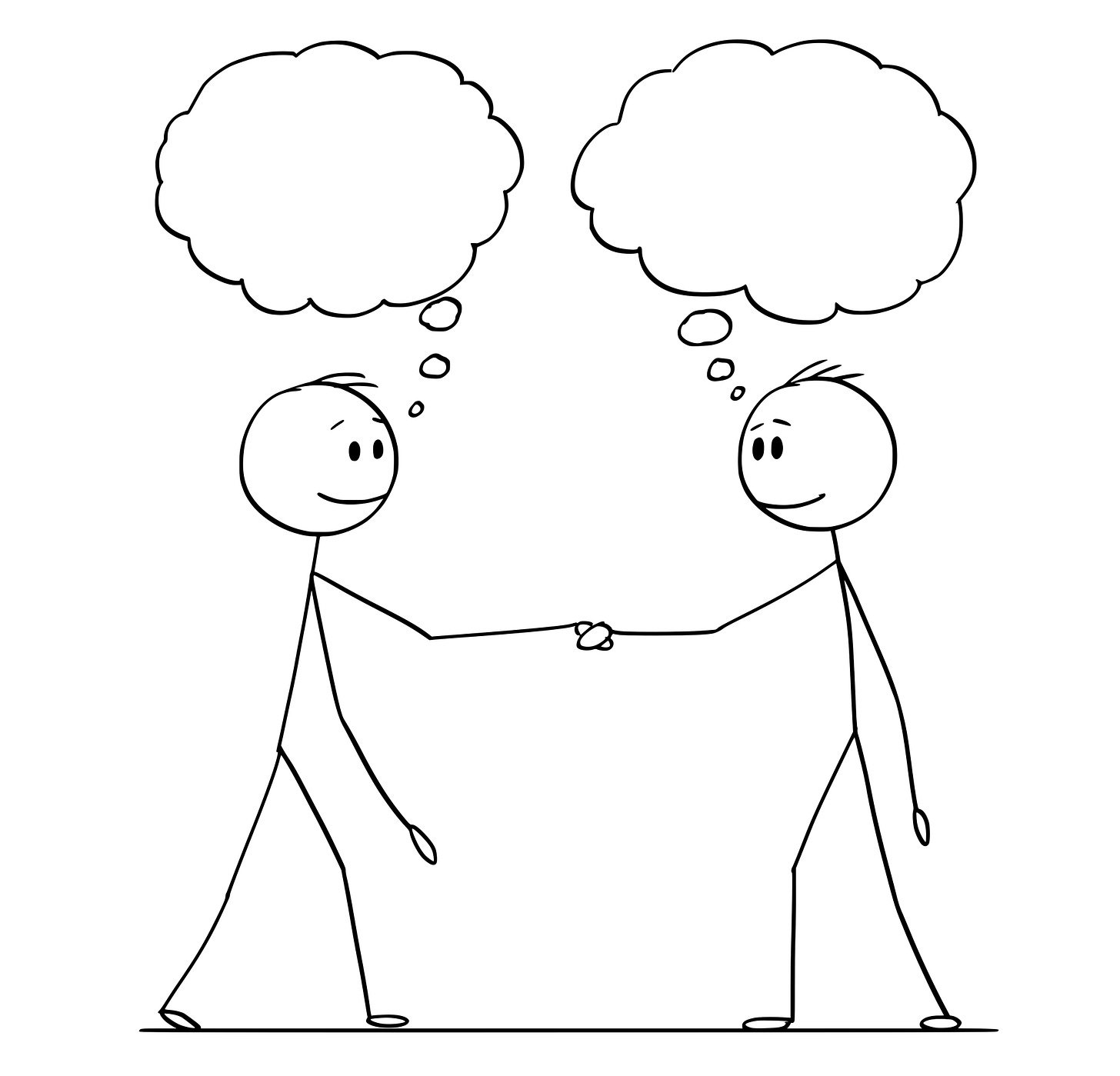Say Yes to “Time for a Quick Chat?”
Be approachable and available to lead like a pro.
This newsletter crossed 500 subscribers today. When I started a month ago I assumed 100 would be a good number to get to in 6 months. Though the last 2 weeks have been nothing short of amazing. So thank you! If you love reading my article then share this newsletter with your friends.
I respond 'yes' to a request for an ad-hoc face-to-face chat at work. Maybe, this would be seen as a terrible time management strategy by some of you.
Value of Face Time
Face Time and not FaceTime, the app 🙂
I believe these ad-hoc discussions offer numerous benefits:
Build a connection
Chat messages are fine, but they don't capture the tone of the discussion. When we talk face-to-face, we can understand each other better. Frequent 1:1s are good, but sometimes, spontaneous meetings can be the solution to help someone in a moment of need. It also shows that you are a reliable source of support.
Co-workers will open up
If your co-worker is feeling frustrated with someone, they are more likely to bring it up while it's still happening. This gives you a chance to help them with their technical challenges and also guide them with any issues they're having with other people.
Overcomes perfectionism
When you are approachable, they no longer feel the need to have everything "right" from the start. That will speed up problem solving.
Opens up bi-directional feedback
Approachability builds trust. That makes it easy to discuss critical constructive feedback. Nobody will get defensive.
Better than the rigid meeting format
Scheduled meetings, which involve many people, often follow a formal structure. Ad-hoc conversations are pretty informal and there is no need to be "right" 100%. There will be no judgmental questions asked. So a lot of progress can be made in these discussions.
Additionally, you have the power to ask the same question, and your colleagues will make time for you.
Some of you may still be worried about how this seems like a terrible time management strategy.
Balance is important
Coaching to improve due diligence
Sometimes, interactions may feel like a waste of time if a colleague hasn't done their due diligence on the problem. However, I use it as a chance to coach and teach them how to find answers on their own. You can share resources and tips that they can leverage to unblock themselves in the future.
If the pattern persists, clearly communicate what they should be solving on their own vs not.
To not shut the door, I will watch for their "feelings" over the next few weeks.
You can use your 1:1 to assess if they are stuck for longer and encourage them to reach out sooner for such problems. This lets them know that you care.
Soon, these ad-hoc meetings will be reserved for truly important matters.
Time check
It's possible to go overboard with ad-hoc meetings. So I keep a light check on who I am meeting with the most and which topics require more in-depth discussions.
These check-ins will result in actions like -
Improve written information or set up tech talks on frequently discussed topics.
Growing another mentor who can be a go-to person for some of these conversations.
Push certain topics to respective 1:1 meetings.
Keep in mind that the goal is to collaborate effectively within the time available and avoid overworking.
Don't force this on everyone
If you agree with my approach, you won't see any issues with this article. However, not everyone operates in the same way. Some folks cannot handle too many distractions and sometimes folks have too much on their plate.
Context building can be draining
Meeting often and discussing new topics may require you to quickly grasp new concepts. It can be mentally tiring, so be mindful of your energy levels. On the other hand, you will develop abilities in active listening and effectively assisting your teammates.
Why do I talk about this?
Some engineers operate on the other end of the spectrum. They are very protective of their time and solely focused on their own tasks. While this can help them become really good at their tasks, they might find it hard to work well with a team or become a leader.
Embracing frequent face-to-face interactions and being approachable has helped me:
resolve problems sooner,
become a better leader,
and build teams that operate well together.
I hope my perspective encourages you to say "yes" to that impromptu face-to-face chat the next time.
If you haven’t subscribed please do. Also follow me on LinkedIn where I post more frequently.
If you're seeking a mentor, feel free to check out my mentorship link to learn more about how I can help you. Don't hesitate to reach out to me.
Check out other newsletters that I recommend if you are looking for other awesome writers.
Things you shouldn't miss from the last week
If you are in the Job market and want actionable tips watch this session from Jordan Cutler & Alan Stein on how to get more interviews, offers and compensation.
How LinkedIn Adopted Protocol Buffers to Reduce Latency by 60% by NK
How to make someone truly feel heard and seen by Irina Stanescu



Raviraj! Loved this article and really appreciate the shout-out on the live event 🙇♂️.
Also, congrats on the 500 sub mark. 1k will come so soon :)
Also, time for a quick chat sometime soon? :D
Woohoo, congrats on 500! You’ll hit 1k even faster :)